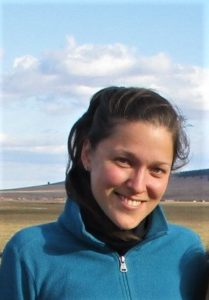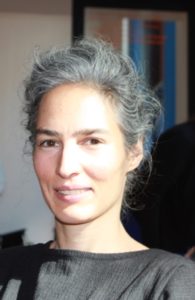CFA: International PhD Contrat “All Alone” in East-Central Europe: Reinventing the Orphan from the Fascist to the Socialist Era
Deadline for submission (on Portail Emploi): 30 June 2020
Interviews (videoconference): 6-8 July 2020
Start date of the thesis: 1st October 2020
Contract period: 36 months
Remuneration: 2 135,00 € gross monthly
The selected candidate will be enrolled in the PhD program “Civilizations, Cultures, Literatures and Societies” (ED 4), within the Faculty of Arts of the Sorbonne University. They will be a member of the research group Eur’ORBEM “Cultures and Societies of Eastern, Balkan, and Central Europe” (CNRS, Sorbonne University, UMR 8224). Eur’ORBEM is an interdisciplinary research unit in social sciences and humanities which gathers experts on Eastern, Central and South-Eastern Europe. The PhD project is part of two research areas proposed by Eur’ORBEM: “History, Memory, Identities and Conflicts“ and “Arts and Transculturality”. The PhD student is expected to take full part in the scientific life of the research team. The PhD shall be supervised by Doc. Clara Royer, PhD, a specialist of East-Central European cultures at Sorbonne University (http://eurorbem.paris-sorbonne.fr/IMG/pdf/2019_cv_clara_royer_fr.pdf). The PhD student shall take part in the scientific life of the research team.
The PhD contract requires a mobility period in East-Central Europe. The PhD student should spend preferably 3 months per year gathering the necessary sources of their research. According to the focus of their PhD dissertation, the PhD student may do fieldwork in at least one Visegrad country (Hungary, Poland, Czech Republic, Slovakia). For this research period, they will be welcomed by the French Research Centre in Social Sciences (CEFRES – USR 3038 CNRS-MEAE) in Prague, Czech Republic CEFRES is part of the network of French Research Institutes Abroad (UMIFRE). CEFRES is therefore under the tutelage of both the Ministry for Europe and Foreign Affairs (MEAE) and of the National Center for Scientific Research (CNRS). The Center will provide the PhD student with administrative and logistic support while allowing a stimulating scientific environment thanks to its research Platform with The Charles University and the Czech Academy of sciences, but also through its scientific network spread in other Visegrad countries.
See further information on CNRS website: https://emploi.cnrs.fr/Offres/Doctorant/UMR8224-CLAROY-001/Default.aspx?lang=EN
En français: https://emploi.cnrs.fr/Offres/Doctorant/UMR8224-CLAROY-001/Default.aspx



